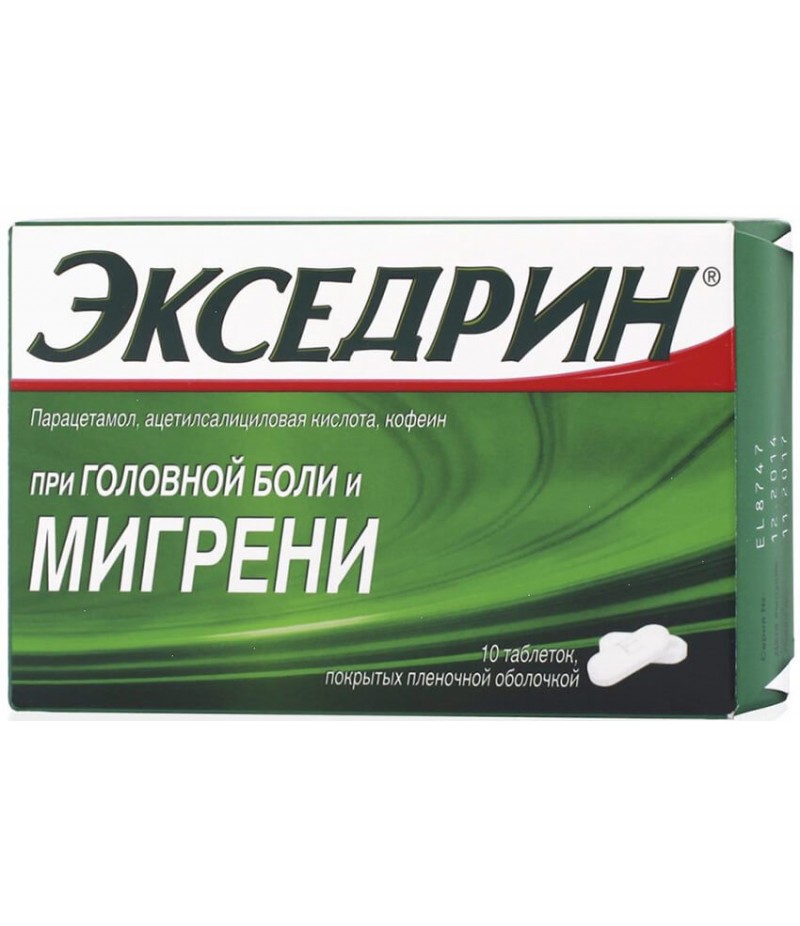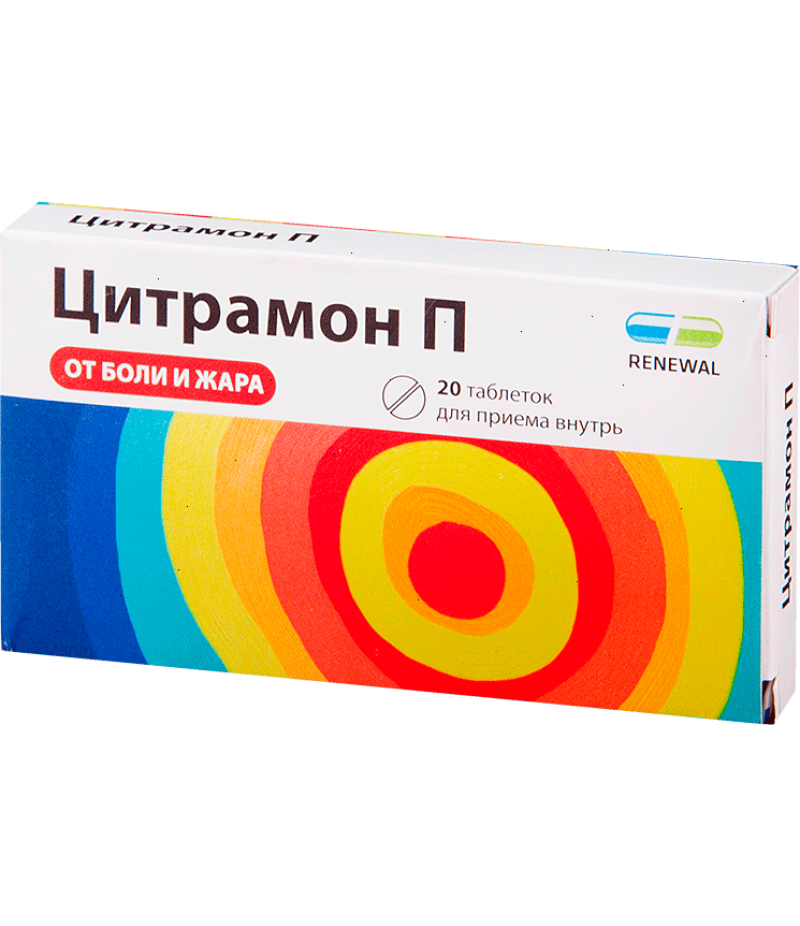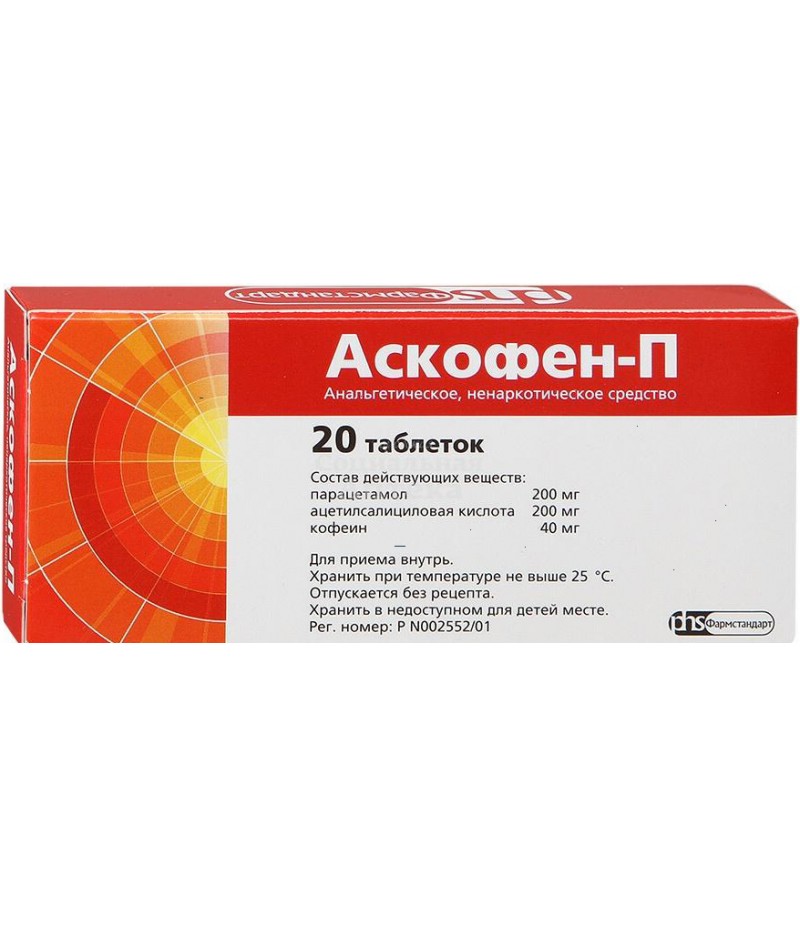Excedrin tabs #10
- $10.92
- 3 or more $10.76
- Availability:In Stock
Excedrin user manualReed more and buy Excedrin on this pageIndications for usePain syndrome of mild and moderate severity (of various origins): headache, migraine, toothache, neuralgia, myalgia, arthr
Tags: tabs
Excedrin user manual
Reed more and buy Excedrin on this page
Indications for use
Pain syndrome of mild and moderate severity (of various origins): headache, migraine, toothache, neuralgia, myalgia, arthralgia, algodismenorea. Feverish syndrome: in acute respiratory infections, influenza.
Active substance, group
Acetylsalicylic acid + Paracetamol + Caffeine (Acetylsalicylic acid + Paracetamol + Caffeine), An analgetic non-narcotic remedy
Dosage form
granules for solution for oral administration, capsules, tablets
Contraindications
Hypersensitivity to any of the components of Excedrin; erosive and ulcerative lesions of the gastrointestinal tract (in the phase of exacerbation), gastrointestinal bleeding; "aspirin" asthma; hemophilia, hemorrhagic diathesis, hypoprothrombinemia, portal hypertension; avitaminosis K; kidney failure; pregnancy (I and III trimesters), lactation period; deficiency of glucose-6-phosphate dehydrogenase, severe arterial hypertension, severe course of IHD, glaucoma, increased excitability, sleep disturbances; surgical interventions accompanied by bleeding, children's age (up to 15 years - the risk of developing Reye's syndrome in children with hyperthermia on the background of viral diseases).
With caution. Gout, liver disease.
Dosing and Administration (Instruction)
Inside (during or after a meal), 1 tablet of Excedrin every 4 hours, with pain syndrome - 1-2 tablets; the average daily dose is 3-4 tablets, the maximum daily dose is 8 tablets. The course of treatment with Excedrin is no more than 7-10 days.
The drug should not be taken more than 5 days as an analgesic drug and more than 3 days - antipyretic (without appointment and supervision by a doctor). Dr. dosage of Excedrin and the regimen are determined by the doctor.
Pharmachologic effect
Combined drug. ASK in the composition of Excedrin has antipyretic and anti-inflammatory effect, relieves pain, especially caused by the inflammatory process, and also moderately inhibits platelet aggregation and thrombosis, improves microcirculation in the inflammatory focus.
Caffeine, which is part of Excedrine, increases the reflex excitability of the spinal cord, excites the respiratory and vasomotor centers, dilates the blood vessels of skeletal muscles, brain, heart, kidneys, reduces platelet aggregation; reduces drowsiness, a feeling of fatigue, increases mental and physical performance. In this combination, caffeine in a small dose has virtually no stimulating effect on the central nervous system, but it helps to normalize the tone of the blood vessels and accelerate blood flow.
Paracetamol (an Excedrin component) has an analgesic, antipyretic and extremely weak anti-inflammatory effect, which is due to its effect on the thermoregulatory center in the hypothalamus and a weak ability to inhibit Pg synthesis in peripheral tissues.
Side effects of Excedrin
Gastralgia, nausea, vomiting, hepatotoxicity, nephrotoxicity, erosive and ulcerative gastrointestinal lesions, allergic reactions, tachycardia, increased blood pressure, bronchospasm.
With prolonged use of Excedrin - dizziness, headache, visual impairment, tinnitus, reduced platelet aggregation, hypocoagulation, hemorrhagic syndrome (epistaxis, bleeding gums, purpura, etc.), kidney damage with papillary necrosis; deafness; malignant exudative erythema (Stevens-Johnson syndrome), toxic epidermal necrolysis (Lyell's syndrome), Reye syndrome in children (hyperpyrexia, metabolic acidosis, disorders of the nervous system and psyche, vomiting, liver dysfunction).
Overdose Excedrin. Symptoms (caused by ASA): with light intoxication - nausea, vomiting, gastralgia, dizziness, ringing in the ears; severe intoxication - retardation, drowsiness, collapse, convulsions, bronchospasm, shortness of breath, anuria, bleeding. Initially, central hyperventilation of the lungs leads to respiratory alkalosis (dyspnea, choking, cyanosis, sweating). With increasing intoxication, progressive paralysis of respiration and dissociation of oxidative phosphorylation cause respiratory acidosis.
Treatment: continuous monitoring of CBS and electrolyte balance; depending on the state of metabolism - the introduction of sodium bicarbonate, sodium citrate or sodium lactate. Increased reserve alkalinity increases the excretion of ASA due to alkalinization of urine.
Special instructions
Children should not be prescribed drugs containing ASA (including Excedrin), since in the case of a viral infection they can increase the risk of developing Reye's syndrome. Symptoms of Reye's syndrome include prolonged vomiting, acute encephalopathy, and enlargement of the liver.
With continued use of the drug, control of peripheral blood and the functional state of the liver is necessary.
Because ASA slows blood clotting, the patient, if he is to undergo surgery, must warn the doctor in advance about taking the drug.
Patients with hypersensitivity or with asthmatic reactions to salicylates or their derivatives ASA can be prescribed only with special precautions (in emergency services).
ASA in low doses reduces the excretion of uric acid. In patients with a corresponding predisposition, this can in some cases provoke a gout attack.
During treatment, Excedrin should not use ethanol (increased risk of gastrointestinal bleeding).
ASA has a teratogenic effect; when applied in the first trimester leads to a developmental defect - splitting of the upper palate; in the third trimester - to inhibition of labor (inhibition of Pg synthesis), to the closure of the arterial duct in the fetus, which causes hyperplasia of the pulmonary vessels and hypertension in the vessels of the small circle of blood circulation. Isolated with breast milk, which increases the risk of bleeding in the child due to impaired platelet function.
Interaction
The use of Excedrin enhances the action of heparin, indirect anticoagulants, reserpine, steroid hormones and hypoglycemic drugs.
Simultaneous administration with other NSAIDs, methotrexate increases the risk of side effects.
Reduces the effectiveness of spironolactone, furosemide, hypotensive drugs, as well as antidotal drugs that promote the excretion of uric acid.
Barbiturates, rifampicin, salicylamide, antiepileptic drugs, etc. stimulators of microsomal oxidation contribute to the formation of toxic metabolites of paracetamol, which affect liver function.
Metoclopramide accelerates the absorption of paracetamol.
Under the influence of paracetamol (the component of the Excedrin), the time for the removal of chloramphenicol increases by a factor of 5. With repeated admission, paracetamol can enhance the effect of anticoagulants (dicumarin derivatives). Simultaneous reception of paracetamol and ethanol increases the risk of hepatotoxic effects.
Caffeine accelerates the absorption of ergotamine.
Terms of sell
To buy Excedrin online you don't need a prescription.



